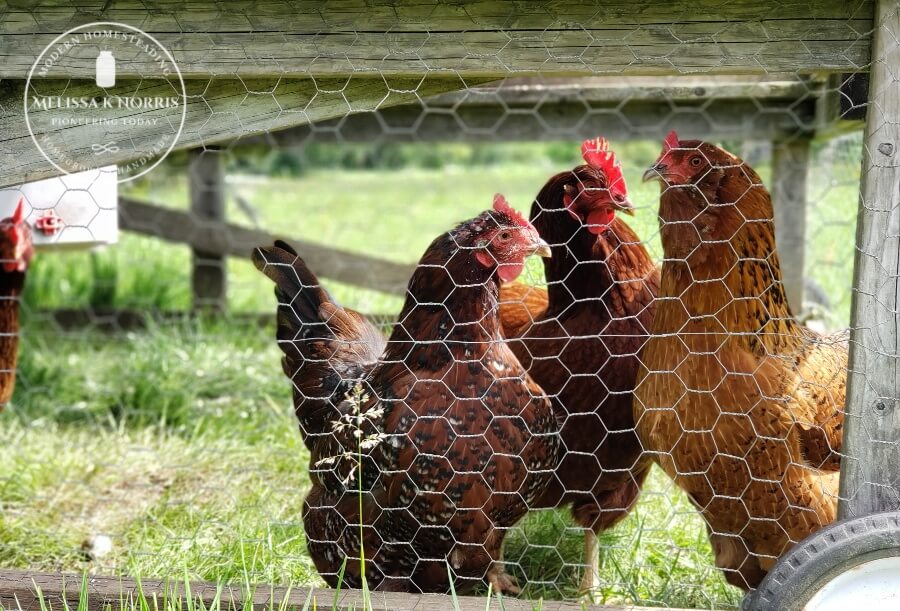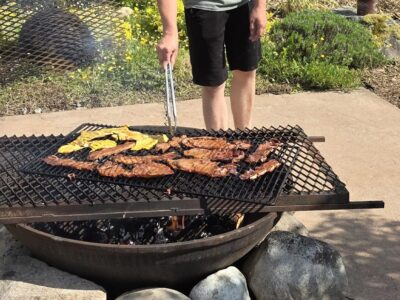As a new homesteader, it can be hard to know what to do FIRST on your homestead. Or, if you’ve been homesteading for a while, what to do NEXT. In this podcast, I’m sharing my tips to know what to do next, and how it worked out for my family when first getting started so many years ago.

Knowing where to get started with homesteading is going to be different for everyone. What you choose to start with might look very different than what your neighbor chooses to start with.
And both of you might be 100% right!
To know what each homesteader should do FIRST, you have to ask yourself (and your family) a couple of questions.
- What are we already doing?
- What’s most important to us?
The answers to these questions will help guide you in making the decisions for what to do next on your homestead.
In this podcast, Episode #278 of the Pioneering Today Podcast, I’m sharing what my family’s journey has looked like. Everything from where we started, so many years ago, and what steps we’re implementing next!
One thing I know for sure, as a homesteader you need to love learning because the learning never stops when you have a homestead! There will also be really tough times, if you missed last week’s episode, be sure to check out What To Do When Homesteading Gets Tough.
In this episode:
- How to know where to start FIRST on a new homestead.
- How to know what to do NEXT if you’ve already been homesteading.
- Questions every homesteader should ask themselves.
- What it was like when my husband and I first started homesteading.
- How we determine the “next steps” once we tick another task off the list.
- What I really think about store-bought beef.
- Homesteading tasks I find most important.
- Verse of the week, Psalm 25:4-5.
Resources:
More Homesteading Articles
- How to Buy a Homestead – What to Look For
- What to do When Homesteading Gets Tough
- Self Sufficient Homesteading Tips for the Long Haul
- How to Earning a Living from Your Homestead
- What To Do When Your Family Isn’t Onboard with Homesteading (Or Something You’re Passionate About)
- Homesteading + Making Money (How to do it All)
- How to Get Everything Done in a Day Without Wasting Time or Getting Distracted
- Avoid Overwhelm – Choosing What’s Right for Your Homestead
[fusebox_transcript]


